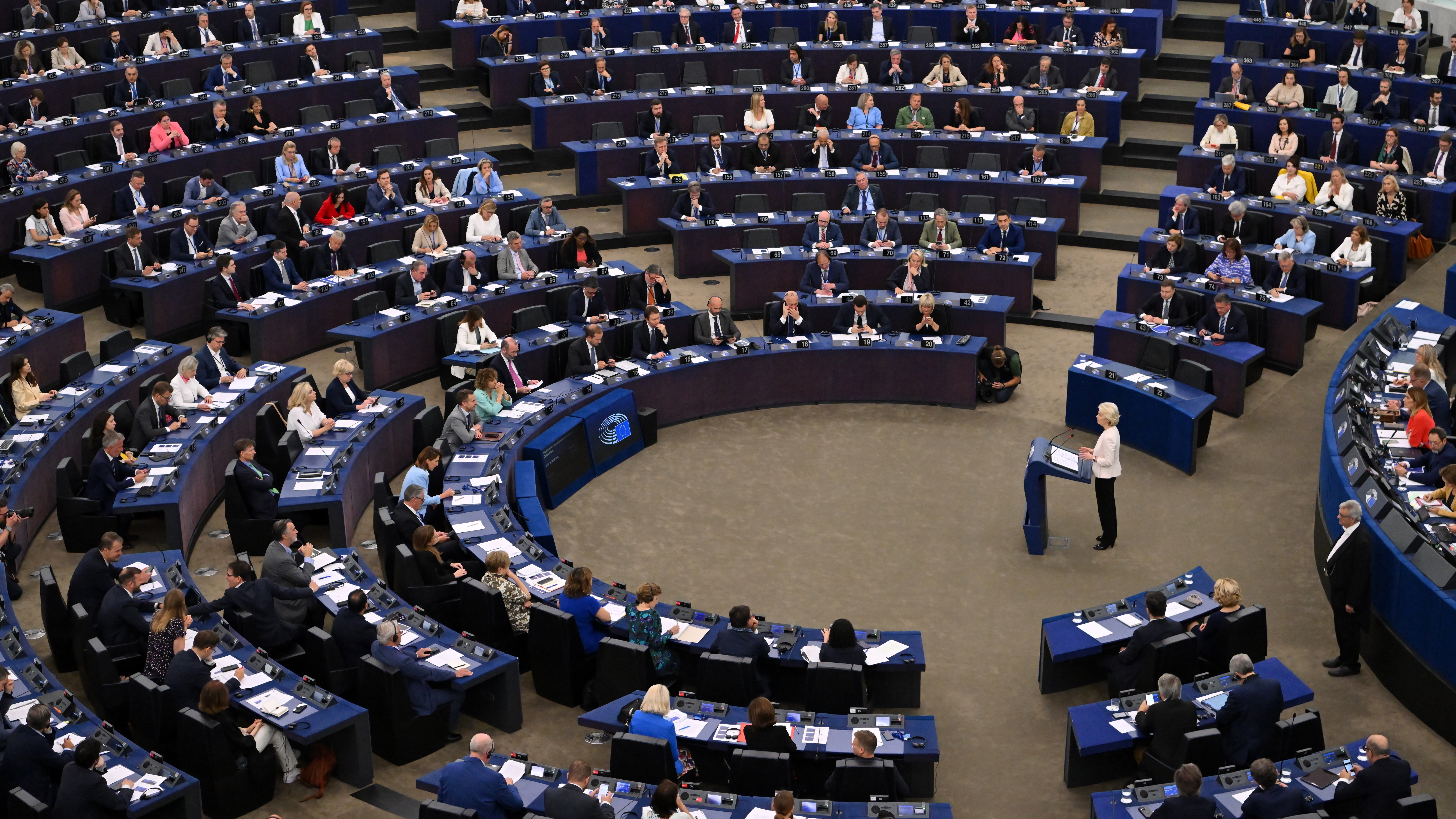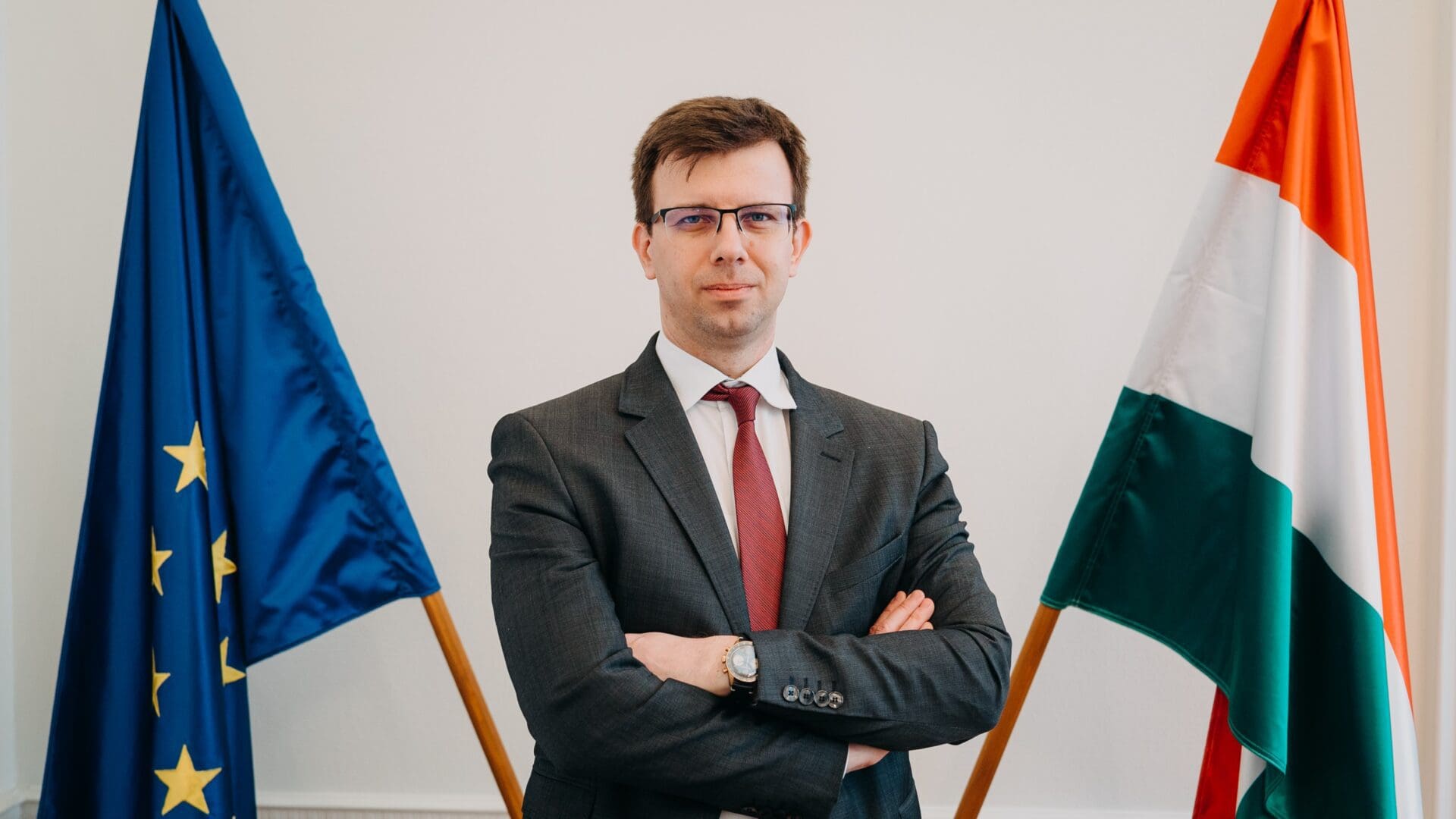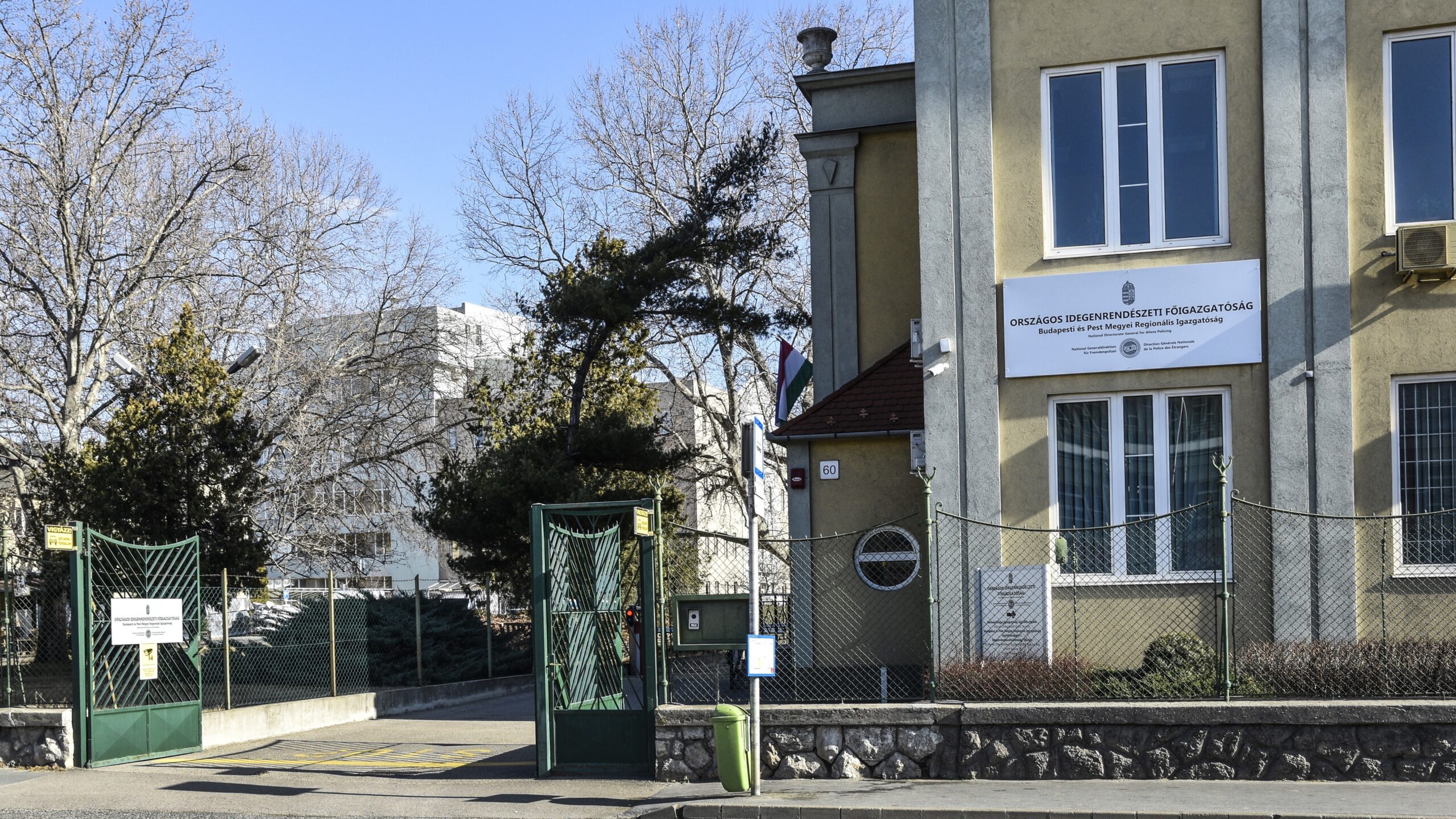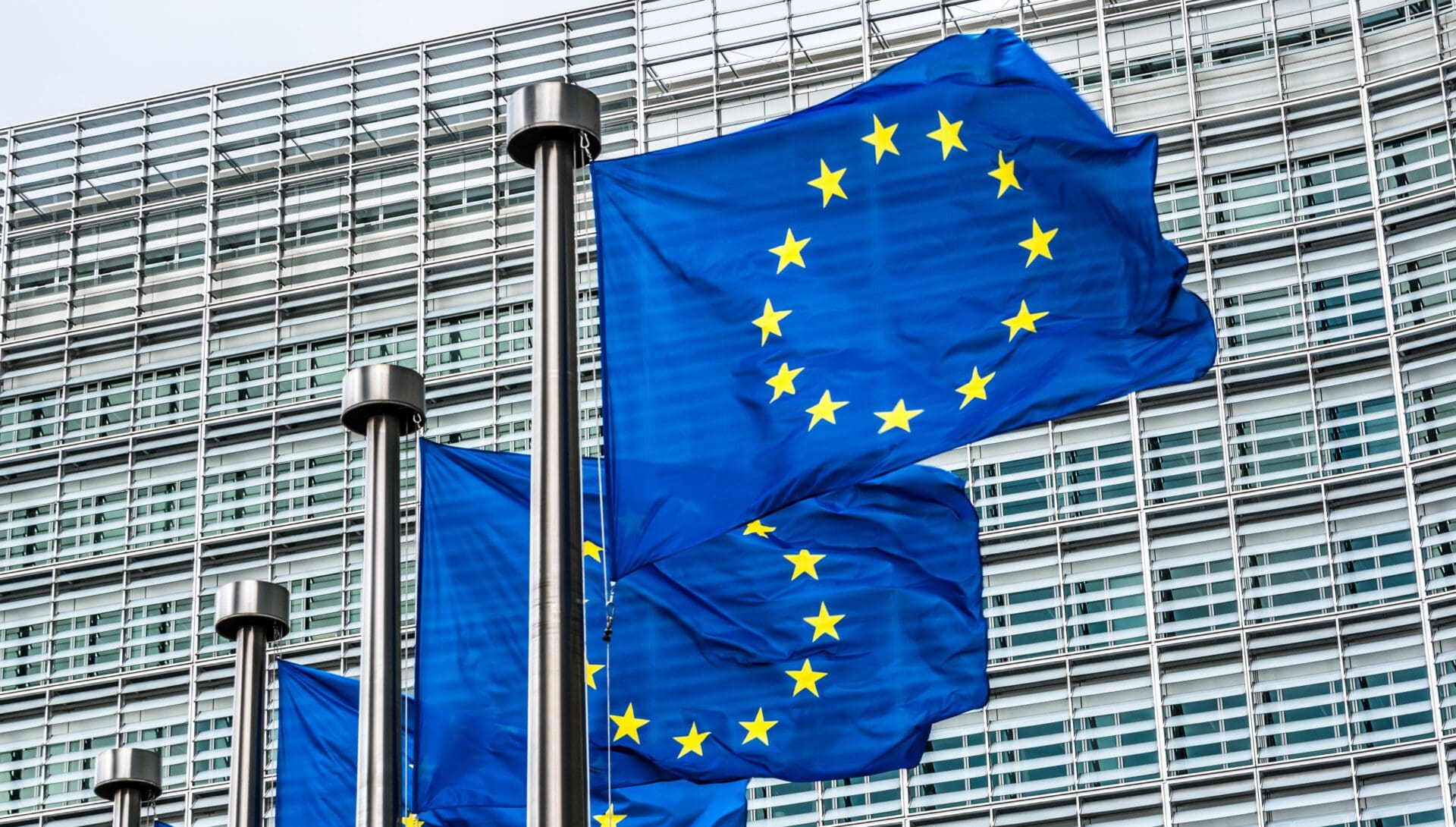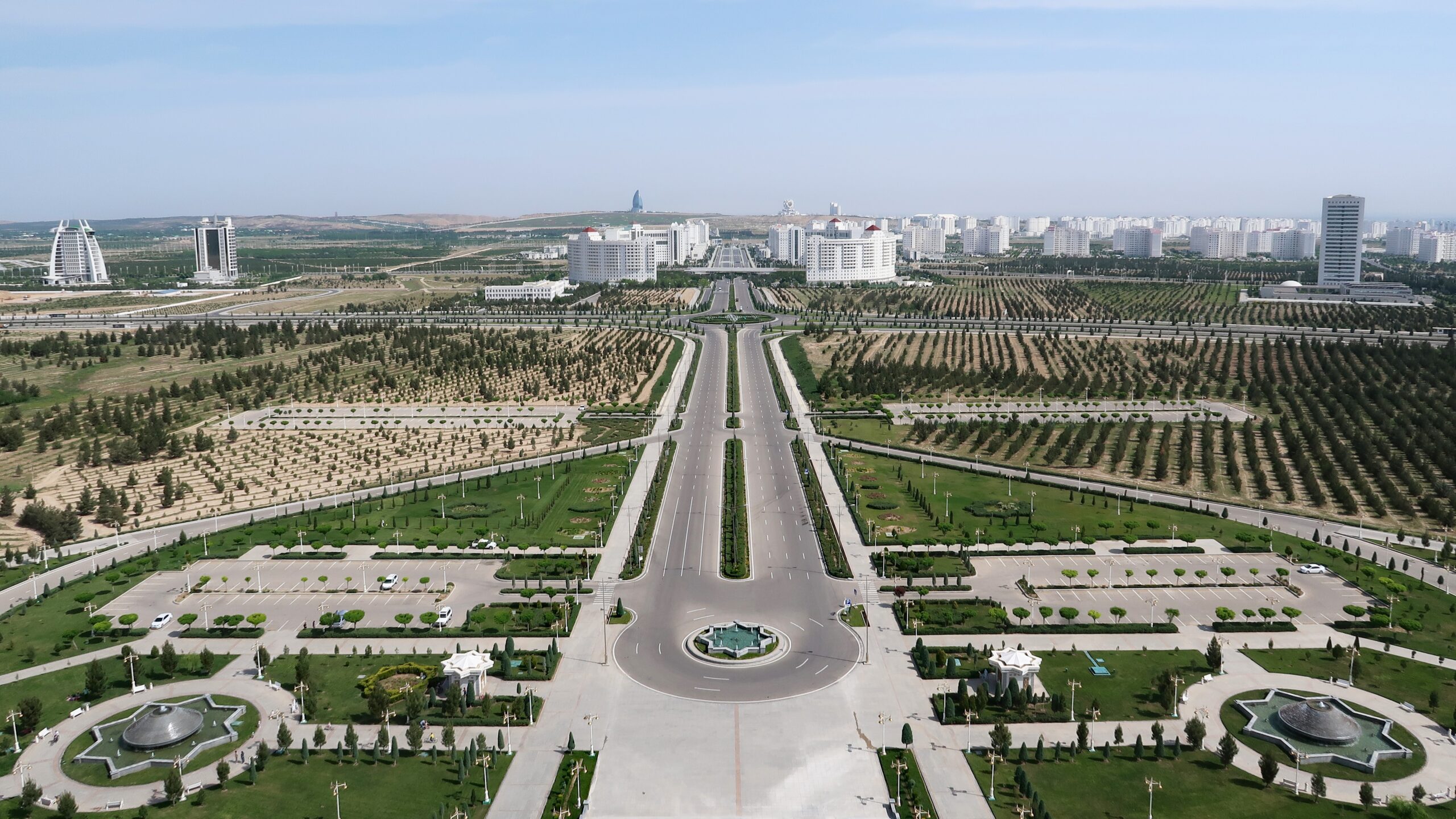
EU Gas Supply Diversification to Be Enhanced by Hungary–Turkmenistan Deal
As Hungary holds the presidency of the Council of the EU, it can leverage its influence to set the EU’s agenda in favour of increased imports of Turkmen gas, presenting it as a strategic and cost-effective alternative to Russian energy dependence. This would not only support Hungary’s energy strategy but also align with the broader EU goals of securing diverse and reliable energy sources while enhancing its presence in the geopolitically significant Central Asian region.

